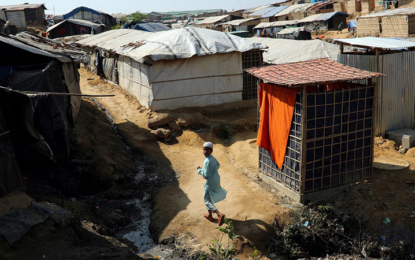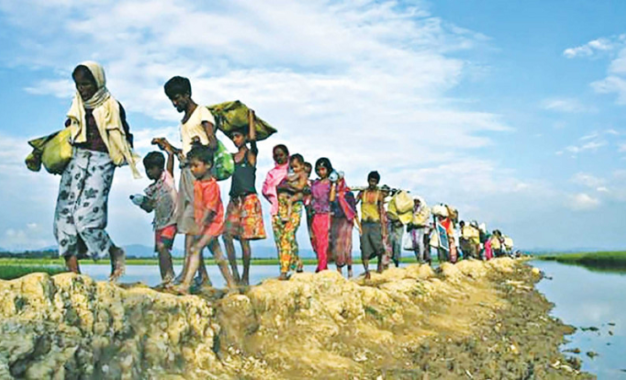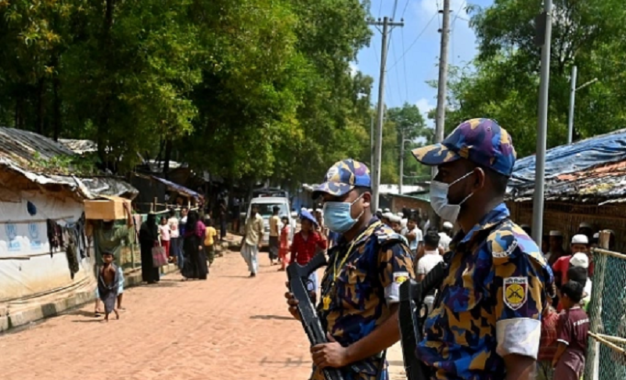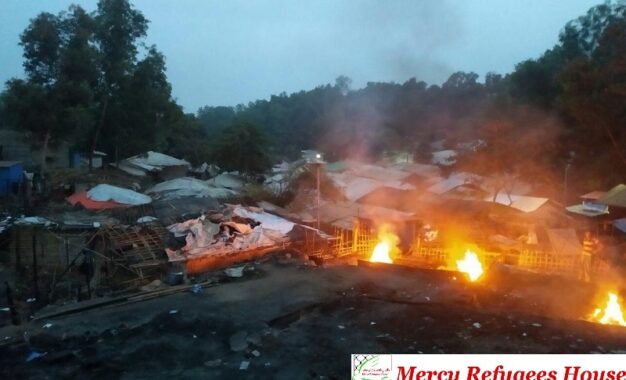Latest News
Lives of Rohingya women and children in the camps
Bangladesh, Help Refugees, Human Rights, Myanmar, Refugees Issues, Religious Rights
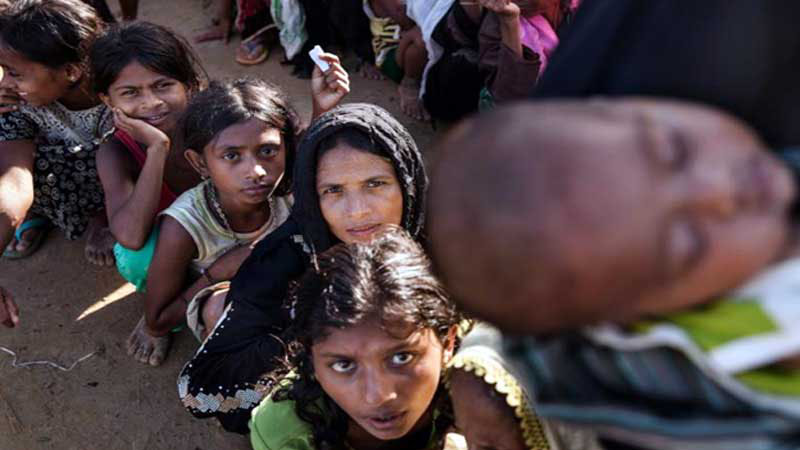
Have you ever wondered what happens to women and girls when a society or community is forcibly displaced and becomes refugees in another country? We all know about the kind of horrific and disturbing atrocities Rohingya people experienced in 2017 and the way they were made to flee their homes in Myanmar. Rohingya crisis has been more than four years old now; it has often been on world news over the years.
I have been working in refugee camps for over three years and have experiences of directly working with refugee women, girls and children. What has often made me feel is the life of helpless Rohingya women, girls and children living with growing violence, abuse and exploitation in the camps.
ALSO READ THIS: BANGLADESH URGES WORLD LEADERS TO TAKE ROHINGYA CRISIS SERIOUSLY
In such humanitarian situations, women and children become the most vulnerable. Early marriage, sexual violence and exploitation are often understandably inescapable for many coercive circumstantial factors. In the camps, as a matter of fact, early marriage and polygamy are some common cultural practice among the Rohingya people. Sexual and gender based violence and trafficking are also reported to be soaring. According to a report by UN Office of the High Commissioner for Human Rights (OHCHR), insecurity, increased risks of sexual and gender based violence, breakdown of rule of law and state authority, lack of access to education, the stigma of pregnancy outside marriage, increased poverty are some factors that contribute to the early or forced marriage in the humanitarian setting. Rohingya humanitarian setting is no exception to this.
Undoubtedly, spread of education and eradication of poverty are the most effective approaches to empower women and hence reduce early marriage in a society. In a lower and upper middle class family in our society, early marriage is pretty unthinkable. It is certainly not because there is a law preventing it but the education, awareness, progressive economic and career goals that they have envisioned. But Rohingya people have no such opportunities to pursue a progressive life; rather they live in a setting that coerces them to feel insecure and get married earlier.
Amazon Sponsorship
Recent Posts
Jul 29, 2023
It has been close to six years since hundreds of thousands of Rohingya faced a deadly genocide by Myanmar’s military and fled the country in search of protection and refuge in neighbouring Bangladesh. The Rohingya population has been undergoing persecution, discrimination, arbitrary arrests, and atrocities in Myanmar for over seven decades. Their condition is alarmingly […]


